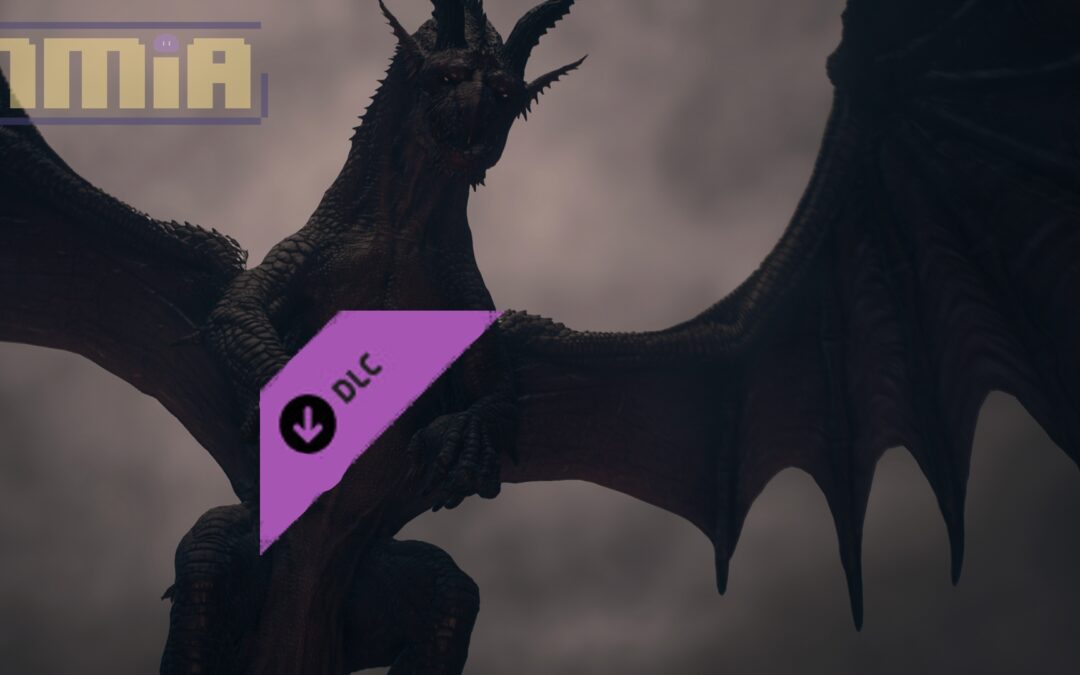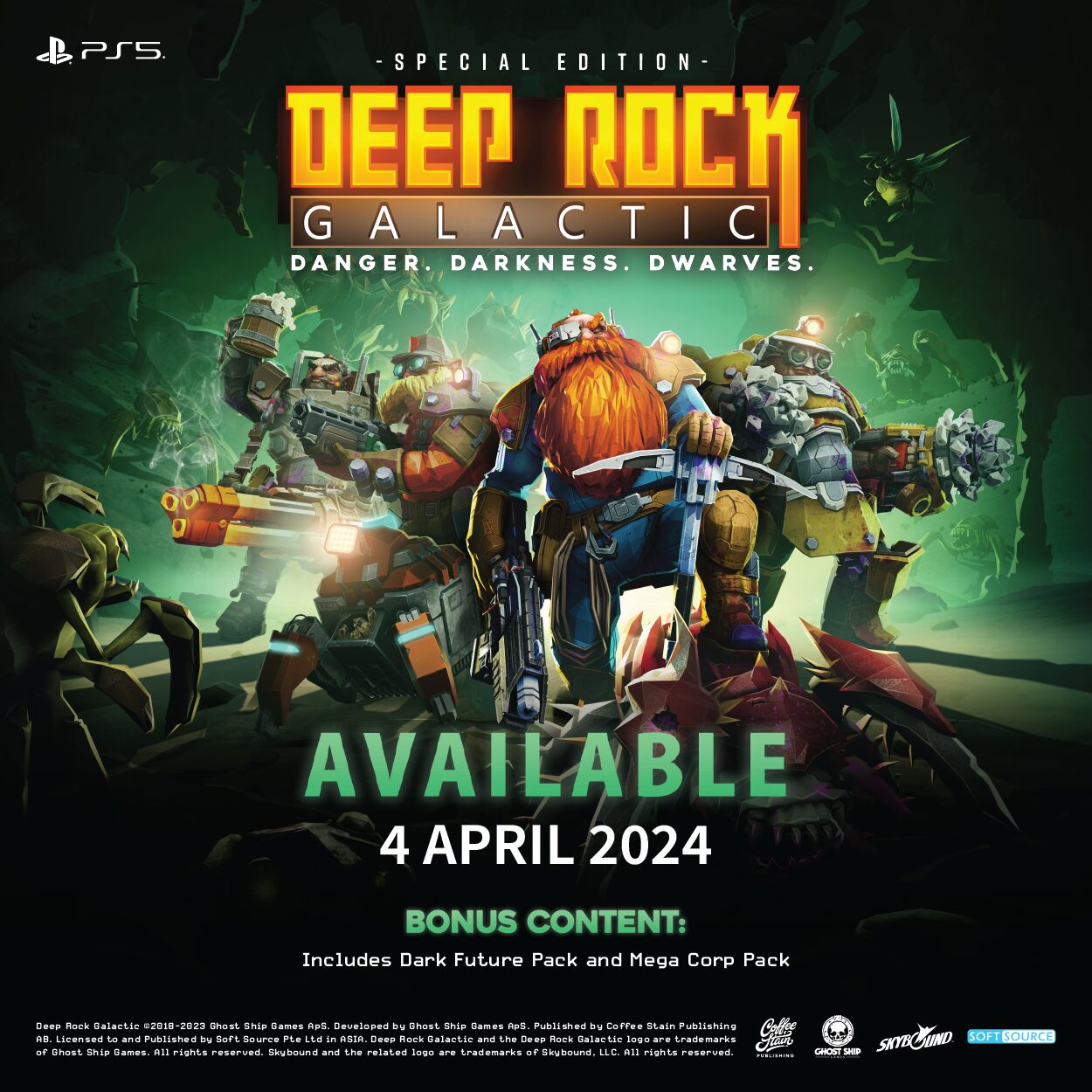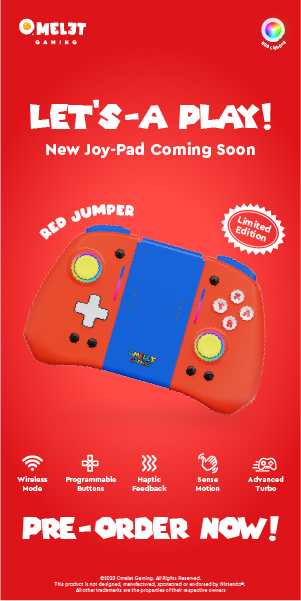All this weekend I’ve read an alarmingly amount of cool discoveries in Dragon’s Dogma 2. Did you know that you can use Cyclopes as a makeshift bridge? What about dressing up in guard raiment to do the night-time stealth missions with literally no challenge?
And yet, there’s been another series of features that seem even more outlandish. This sudden claim that Dragon’s Dogma 2 was suddenly aggressively rife with microtransactions, charging you for everything from save files to walking more than 10 steps. It suddenly brought up memories of the Harry Potter mobile game, which featured a child being constricted by the Devil’s Snare with a popup telling you you can pay real money to get them out.
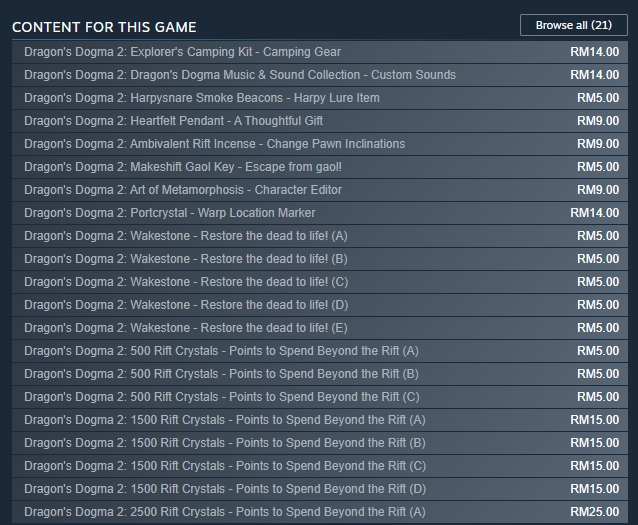
A lot of these are exaggerated bad-faith takes. While the game does have a cash shop they follow the Capcom pattern of almost bizarre DLC- that is to say, less about gutting a game and charging for what you took out and more about charging for stuff that’s already in the game for free.
Capcom’s DLC Approach
I’m not going to lie and say Capcom doesn’t have a history of adding downright weird microtransactions. As far back as Devil May Cry 5, Capcom has been doing this sort of paid cheat engine approach to their games- just pay up and suddenly your red orbs will increase.
A lot of people may decry this behavior saying how it’s no different to mobile games. Urizen has Nero’s arm in one hand, and the other, open and asking for your credit card. But I don’t think that’s true, and it’s a sign of people more often than not commenting on a side of games they simply don’t play.
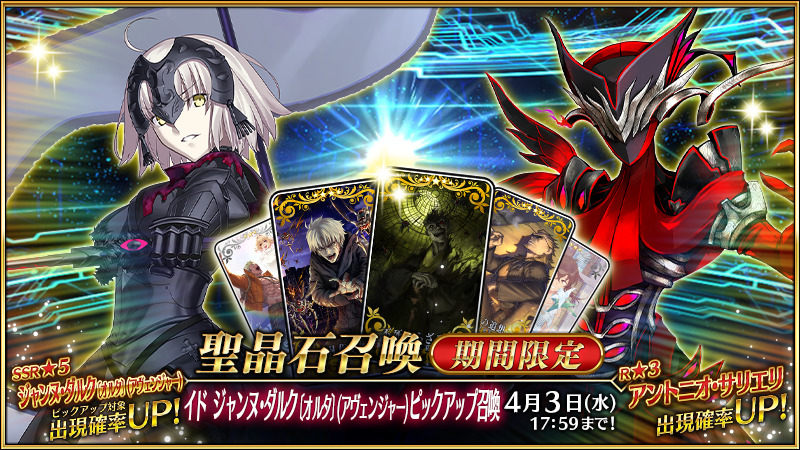
I mean, I’m a veteran of the free-to-play mines. I’ve seen some games that really want your money go for it, be it Fate/Grand Order’s industry-defining drive to get you to pull for your own clone army of Summer Jalters or even Honkai Impact, where characters movesets are effectively split between two banners as you pull for their signature weapons.
Even in paid games, GTA led the charge with inflation somehow comparable to our own world, where new vehicles would be so overpriced you’d either be grinding Heists just to buy anything remotely cool or buying Shark Cards like they were Pokemon Cards.
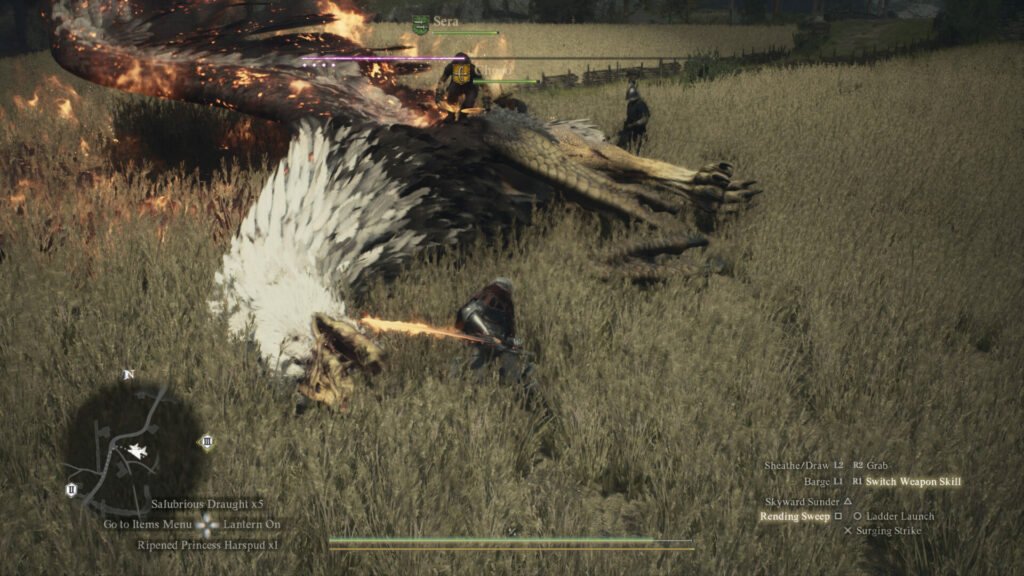
Compare that to what we have in Dragon’s Dogma 2- literally everyone who’s played the first says the games are functionally identical. Creators who got the game early described the microtransactions as unnoticeable because of how little they matter. Even if you boot it up, there’s none of the usual pressure tactics- no pop up reminding you to buy Rift Crystals or Wake Stones, no reminder once you’ve run out.
This may seem like semantics but it’s actually a big deal. The popularity of gacha games has shown us that if a game wants you to buy something, you’ll know. From rotating store items to incessant reminders that you can buy something with real money, there’s no shortage of methods a game can make you feel like you’re missing out because you only paid full price for a game.
Paying To Not Play The Game
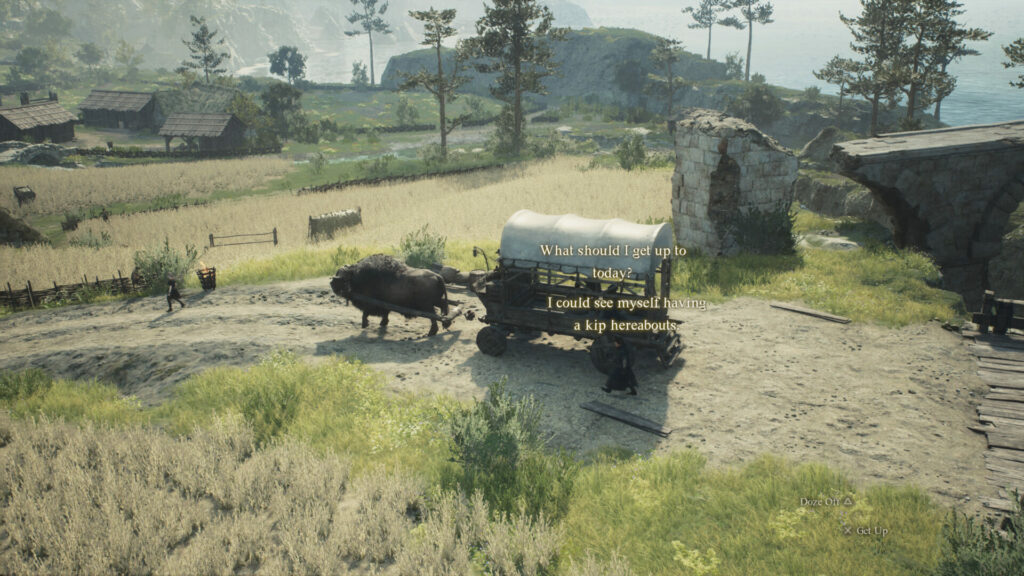
More importantly, there’s also the question of what the microtransactions actually do. In a game like GTA 5, money buys you toys. Boosting your cash means you get to have the cool attack helicopter or hover bike sooner than anyone who has to farm heists to get it.
Dragon’s Dogma 2’s microtransactions instead work much more like Jump Potions in Final Fantasy XIV.
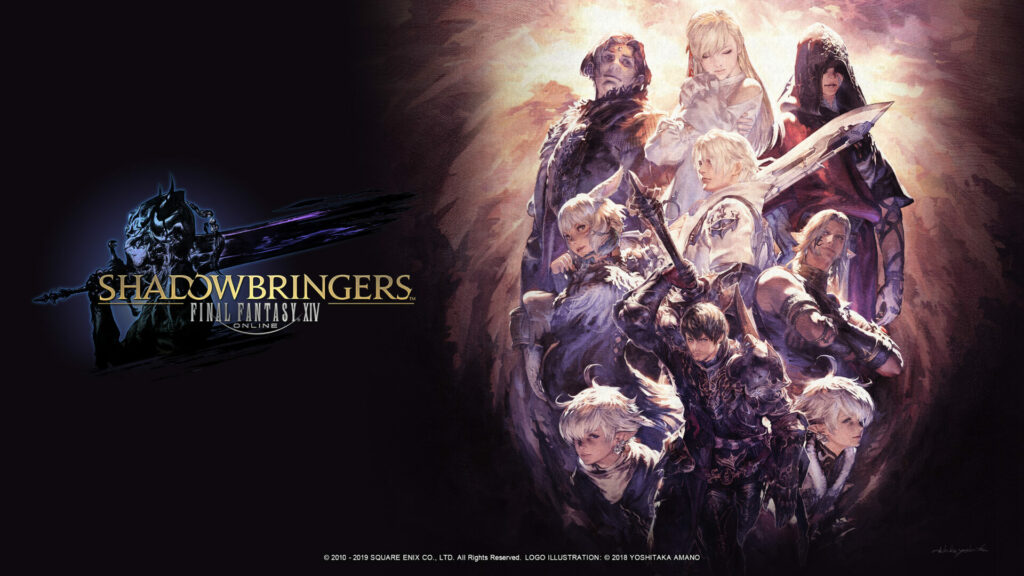
Equally controversial, these let you just skip the content you’re paying a monthly sub for to get to the endgame grind. They’re there, yes, and people use them. But are they a scam? Was Naoki Yoshida wearing you down by having his team create one of the best MMO stories in decades to nickle-and-dime you into not knowing Starboard from Larboard?
With Dragon’s Dogma 2, buying any of the items feels counterintuitive to actually playing the game. It’s a game specifically about wandering through its lush world, getting jumpscared by a Drake in the middle of the night or having your maximum health capped to 10% because your party is tired and you spent all your money on courtesans.
The implication that Dragon’s Dogma 2 was somehow meandering in nature to extort money out of you is like implying that Disco Elysium is trying to sell you re-dos on its dialogue choices. It’s as if there’s no content for when you don’t have these resources when the truth is to the contrary- this is a game explicitly about making do with the scarcity you’ve been presented.
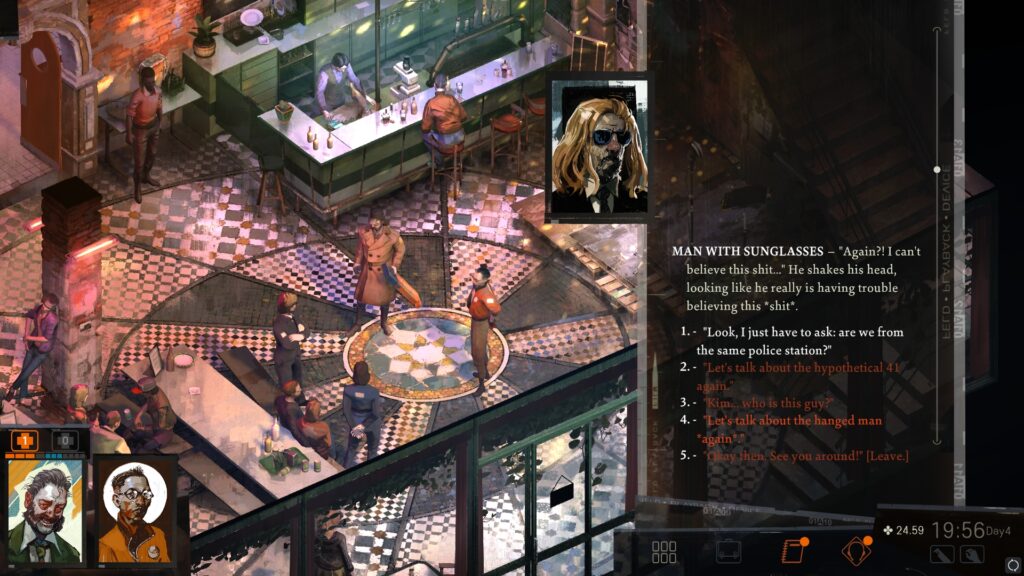
I’ve seen games get wrecked by trying to pivot to a free-to-play economy- Overwatch’s balance was thrown into chaos because they decided to pay-gate new heroes, a move they’ve only just decided to reverse. When a game decides to go full cash grab on you, you’ll know by just how little game there actually is outside of grinding.
I think there’s some merit to be given to Capcom here because it doesn’t look like they’ve done any pivoting at all for Dragon’s Dogma 2. The store is just kind of there, like your awkward cousin come along for the ride knowing nothing about your addiction to competitive Beyblade.
Considering we’ve basically lost the battle against microtransactions in full-price games, I think it’s time for gamers to move forward in their thinking. If the cash register has to be there, sure- but at least it’s not in the way of the actual game.


